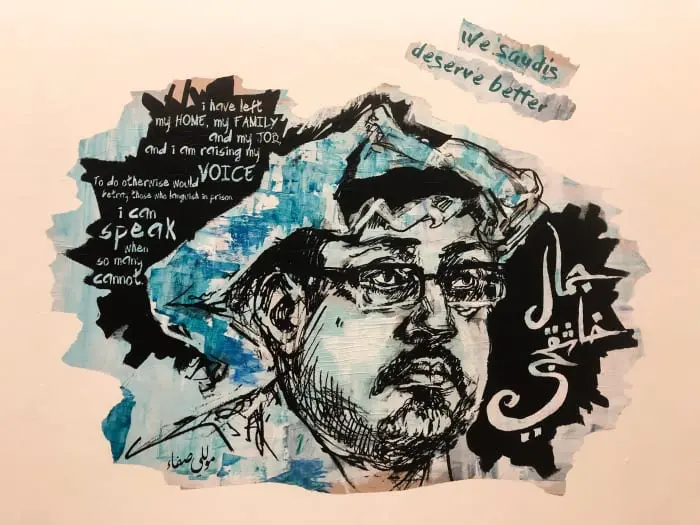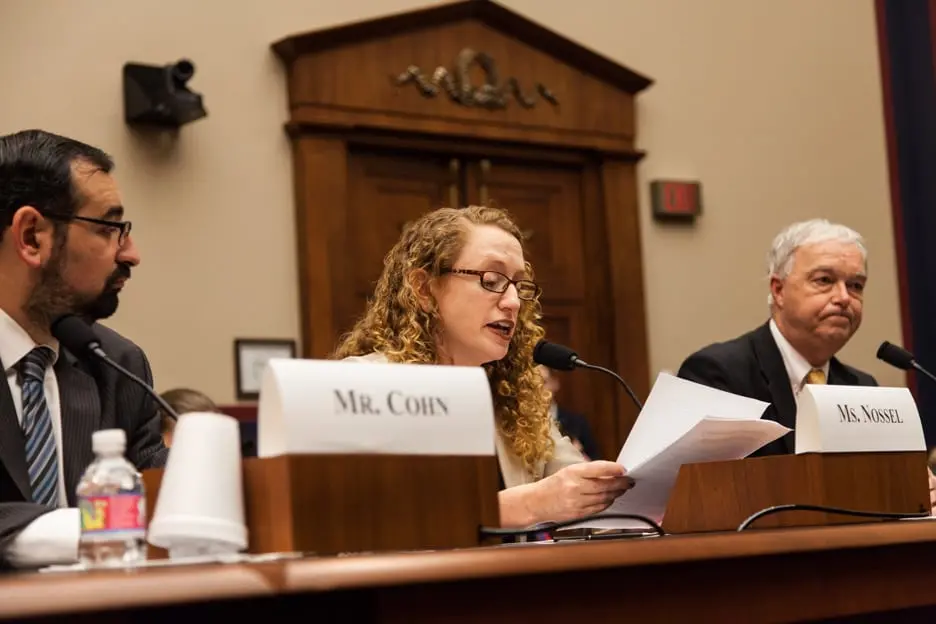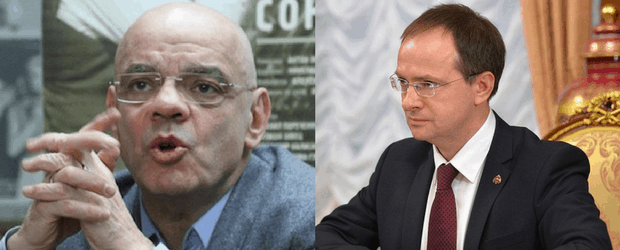
Mother Language Day (February 21), first launched by the UN Educational, Scientific, and Cultural Organization (UNESCO) in 1999, is an internationally-recognized day celebrating the linguistic diversity of our planet. On Mother Language Day, we also recognize that thousands of languages across the world are endangered, and that many ethnic minorities struggle with governmental policies that either ignore or deliberately erode their linguistic identity. Today, we want to spotlight some of the issues that language rights defenders, activists, and everyday citizens may face for peacefully advocating for—or simply speaking—their mother tongue.
Perhaps the foremost language rights defender case today is that of Tashi Wangchuk, a young Tibetan entrepreneur and language rights activist. Tashi is currently serving a five-year sentence in a jail in western China, for charges of “inciting separatism.” His true crime? Tashi is a language rights campaigner, who has publicly advocated for Chinese authorities to restore Tibetan language education. In late 2015, Tashi spoke publicly with The New York Times about his peaceful advocacy. In his interviews, Tashi made it clear that he wanted to work within the system and that he was not an advocate for independence. But that wasn’t enough for authorities embarrassed by his public advocacy. Tashi was arrested, kept in pre-trial detention for months, tortured, and finally convicted of “separatism” in a one-day trial.

PEN America is not the only group deeply concerned by Tashi’s case; other human rights groups, Tibet advocacy groups, and even six different United Nations Special Rapporteurs have condemned Tashi’s conviction and called for his release. Most recently, lawyers for Tashi were denied the opportunity to meet with him and discuss filing an updated appeal. Today, Tashi is a young man serving a years-long prison sentence for being a peaceful voice for his people’s language. On this Mother Language Day, PEN America and several other advocacy groups are releasing a new public call for Chinese authorities to release him immediately.
Here in the United States, we have hundreds of mother tongues: the mother tongues of historical and contemporary immigrant populations, as well as those of indigenous groups across the country. But across the country, there can still be stigma for those who speak their mother tongue. The most obvious, of course, is how we police the use of Spanish in American public life: Native Spanish speakers may choose not to speak their mother tongue in public for fear that they will be subject to racist vitriol or even that they will be targeted by law enforcement for suspicion of being undocumented. And speakers of indigenous American languages also face possible legal consequences.
Hawaii is one location where the conversation about language rights remains potent. Last year, University of Hawaii Professor Samuel Kaeo—in court for charges relating to a 2017 protest—was issued with a warrant for his arrest after he chose to speak Hawaiian in court instead of English. The judge concluded that, because Kaeo did not identify himself in English in the courtroom even though he spoke English proficiently, that Kaeo had failed to appear for his court hearing. The warrant was later dropped after a public outcry, but the case has catalyzed a broader conversation about native language rights, in a state where Hawaiian is already an official state language.
It makes me proud to say that the PEN International movement has been a global leader on the issue of language rights. In 2011, after over a decade of consultation and development, PEN International released the Girona Manifesto on Linguistic Rights, a 10-point declaration intended to formalize a global commitment to language rights. We continue to urge UN bodies—most notably UNESCO—to adopt and incorporate the Manifesto. PEN International also spotlights a different language-related case each year on Mother Language Day. This year’s case is another Tibetan case, Tibetan writer Kunchok Tesphel Gopey Tsang.
As a literary organization, PEN America recognizes that the world’s works of literature are inseparable from the languages that birthed them. When we safeguard the continued use of a language—be it Tibetan, or Azeri Turkic, or Hawaiian—we are also safeguarding the cultural heritage that the language produced, and the possibility of future works in those languages.
But language rights advocacy is not just about safeguarding the world’s cultural heritage. It is also about affirming the right of every individual to live their lives in their native language: to communicate their feelings and beliefs. To argue and commiserate. To say I love you. When we recognize this fact, the importance of International Mother Language Day becomes obvious.
If this post has inspired you, we hope you’ll read more about International Mother Language Day, and about the cases spotlighted here. We hope you’ll visit PEN International’s page calling for the release of Kunchok Tsephel Gopey Tsang. We also encourage you to read our open letter calling for the release of Tashi Wangchuk—co-signed along with several human rights and Tibetan advocacy groups—and to share it to your social media along with the hashtag #freetashi.
Happy Mother Language Day, everyone.












